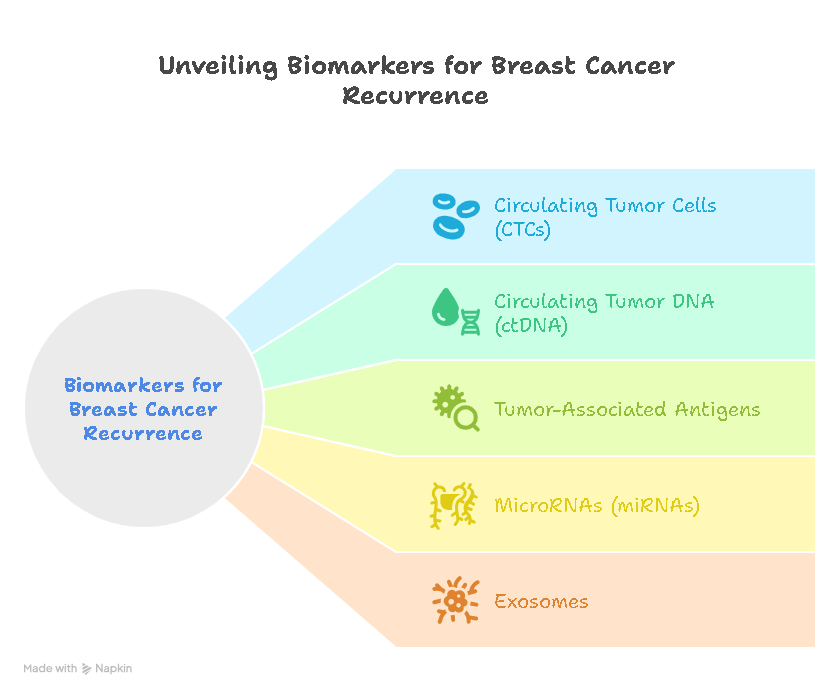Breast cancer continues to be a significant health concern worldwide, affecting millions of women and their families. While traditional treatment methods like surgery, chemotherapy, and radiation therapy have been the cornerstone of breast cancer management, advancements in medical science have led to the emergence of new and promising therapies.
One such approach that has garnered considerable attention is immunotherapy. In this article, we will delve into the role of immunotherapy in breast cancer treatment, exploring its mechanisms, benefits, and potential limitations.

Table of Contents
- Introduction: Understanding Breast Cancer
- The Evolution of Breast Cancer Treatment
- What is Immunotherapy?
- Immunotherapy’s Mechanism in Breast Cancer
- Types of Immunotherapy Used for Breast Cancer
- Immune Checkpoint Inhibitors
- Adoptive T-cell Therapy
- Cancer Vaccines
- Interleukin Therapy
- Clinical Trials and Research Findings
- Benefits of Immunotherapy in Breast Cancer Treatment
- Limitations and Challenges
- Combination Therapies: Synergizing Immunotherapy
- The Future of Immunotherapy in Breast Cancer
- Patient Perspectives and Success Stories
- Preparing for Immunotherapy: Patient Considerations
- The Importance of Early Detection
- Collaborative Efforts: Medical Professionals and Researchers
- Conclusion
Introduction: Understanding Breast Cancer
Breast cancer, a malignancy originating in the breast tissue, is characterized by the uncontrolled growth of abnormal cells. It remains one of the most diagnosed forms of cancer among women globally. The complexity of breast cancer demands a multifaceted approach to treatment, as each patient’s condition can vary significantly.
The Evolution of Breast Cancer Treatment
Over the years, breast cancer treatment has seen remarkable progress. From radical mastectomies to less invasive lumpectomies, medical interventions have become increasingly targeted and less invasive. However, traditional treatments often come with side effects that can impact a patient’s quality of life.
What is Immunotherapy?
Immunotherapy is a cutting-edge treatment strategy that harnesses the power of the immune system to combat cancer cells. Unlike conventional treatments that directly target cancer cells, immunotherapy focuses on enhancing the body’s natural defenses.
Immunotherapy’s Mechanism in Breast Cancer
In breast cancer, immunotherapy works by stimulating the immune system to recognize and attack cancer cells. Tumor cells can sometimes evade the immune system, but immunotherapy helps overcome this by blocking the mechanisms that enable immune escape.
Types of Immunotherapy Used for Breast Cancer
Immune Checkpoint Inhibitors
Immune checkpoint inhibitors are a class of drugs that release the brakes on the immune system, allowing it to attack cancer cells more effectively. Drugs like Pembrolizumab have shown promising results in certain breast cancer subtypes.
Adoptive T-cell Therapy
This personalized approach involves engineering a patient’s own T-cells to target cancer cells specifically. Early studies suggest its potential in treating advanced breast cancer.
Cancer Vaccines
Cancer vaccines stimulate the immune system to recognize and destroy cancer cells. While they are still under investigation for breast cancer, their development holds promise.
Interleukin Therapy
Interleukins are proteins that regulate immune responses. Interleukin therapy aims to boost immune cells’ activity against cancer cells.
Clinical Trials and Research Findings
Ongoing clinical trials and research studies continue to explore the effectiveness of immunotherapy in breast cancer. Preliminary findings show encouraging results, especially in cases where traditional treatments have limited efficacy.
Benefits of Immunotherapy in Breast Cancer Treatment
- Precision Targeting: Immunotherapy’s specificity minimizes damage to healthy cells.
- Long-lasting Effects: Some patients experience prolonged periods of remission.
- Reduced Side Effects: Compared to traditional treatments, immunotherapy often has milder side effects.
Limitations and Challenges
- Response Variability: Immunotherapy may not work for every patient.
- Combination Approaches: Finding the optimal combination with other therapies is a complex task.
- Cost and Accessibility: Immunotherapy can be expensive and may not be accessible to everyone.
Combination Therapies: Synergizing Immunotherapy
Researchers are investigating combination therapies that synergize immunotherapy with other treatments, aiming to enhance overall treatment effectiveness.
The Future of Immunotherapy in Breast Cancer
As research advances, we can expect further refinements in immunotherapy approaches, potentially leading to increased response rates and improved patient outcomes.
Patient Perspectives and Success Stories
Real-life stories of patients who have benefited from immunotherapy highlight its potential to transform lives and provide hope.
Preparing for Immunotherapy: Patient Considerations
Patients undergoing immunotherapy need to be well-informed about the treatment process and potential side effects, enabling them to make informed decisions.
The Importance of Early Detection
Immunotherapy’s success is often maximized when breast cancer is detected at an early stage. Regular screenings and self-examinations play a crucial role.
Collaborative Efforts: Medical Professionals and Researchers
Immunotherapy’s progress relies on collaboration between medical professionals, researchers, and patients, all working towards a common goal.
Conclusion
In the realm of breast cancer treatment, immunotherapy has emerged as a revolutionary approach. Its ability to harness the body’s immune defenses against cancer cells offers new avenues of hope and progress. While challenges remain, ongoing research and patient stories inspire optimism for a future where immunotherapy plays a pivotal role in the fight against breast cancer.
FAQs
- Is immunotherapy a standalone treatment for breast cancer? Immunotherapy is often used in combination with other treatments for optimal results.
- Are there any serious side effects associated with immunotherapy? While immunotherapy generally has fewer side effects than traditional treatments, patients may still experience immune-related reactions.
- Can all breast cancer patients benefit from immunotherapy? Immunotherapy’s efficacy varies among patients and depends on factors such as cancer subtype and overall health.
- What is the cost implication of immunotherapy? Immunotherapy can be expensive, and coverage may vary depending on insurance and healthcare systems.
- How can I access more information about immunotherapy options? For more information and personalized guidance, consult your healthcare provider or oncologist.











Leave a Reply